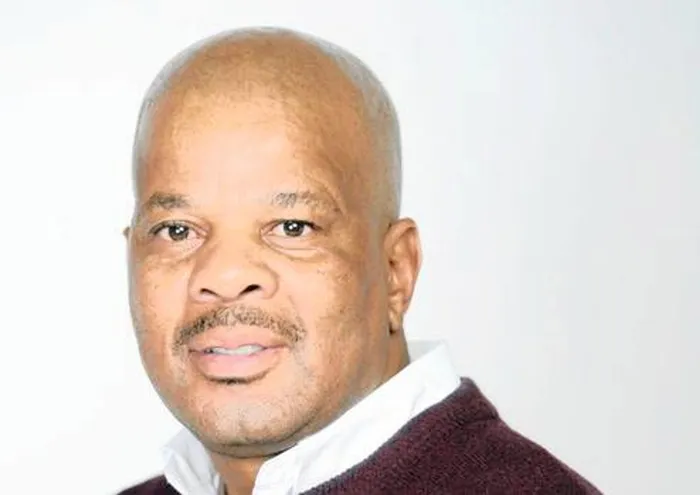
“I got my courage back in Mozambique,” said retired Constitutional Court judge Albie Sachs.
He was speaking on Thursday evening at the launch of the book Samora Machel, on the late great Mozambican president Samora Machel at the Nelson Mandela Foundation in Houghton.
Sachs said he owed his life to Mozambicans - the journalists who took him to hospital so that he’s now able to say “it was a Mozambican doctor who saved my life”.
Sachs survived a car bomb that was planted by the apartheid security police in 1988 while in Mozambique.
He lost his right arm and was blinded in his left eye.
He got his courage back in Mozambique because while listening to the magical oratory of Machel with throngs of Frelimo supporters, he too shot his right fist into the air, only to be reminded by the stump that went up instead.
“The bomb put in my car by the South African security police did not kill me. It killed two Mozambicans passing by,” Sachs recalled.
Before his main address - which he kept informal as he spoke mainly from memory, Sachs told a reporter that Machel would be remembered and feted for the same reasons Kenneth Kaunda, Julius Nyerere, Kwame Nkrumah were.
“He belongs up there with these people. He died for our freedom in South Africa.”
Machel died after his plane crashed near Mbuzini in Mpumalanga on October 19, 1986. Speculation continues about the role of apartheid authorities in the crash.
His widow, Graça Machel, who spoke after Sachs, tugged at the heart strings of the audience when she traced the historical ties between South African and Mozambican freedom fighters.
It all began at the Kongwa camp in Tanzania, where all liberation movements from the southern African countries were represented.
“I don’t know what it is about (the month of) October that our leaders are assassinated.”
She was referring to the death of Granada freedom fighter Morris Bishop on October 19, 1983, her first husband on the same day three years later and of Thomas Sankara on October 15, 1987.
Journalist Alves Gomes thanked “Samora wherever you are, that I’m finally in Johannesburg”.
The book, by Kok Nam, the late Mozambican photojournalist of Chinese descent is published by African Lives and retails for R200.
“Our independence will make no sense while our land remains in the hands of a few people: that means that we are still not independent, that people are still not liberated.”
“The people do not defend abstract things. They defend concrete things - land, housing, hospitals, education and schools are concrete things.”
“Decolonisation does not mean a geographical transfer of the decision-making centres or the continuation of the regime of oppression.”
“For us, racism and its twin brothers, tribalism and regionalism, are real crimes against the revolution.”
“The mission we have received is not like a hat we wear in the sun, and take off when we are in the shade.”
“Racism, whether it is by whites towards blacks, or by blacks towards whites, is one of the most degrading and humiliating forms of the system of exploitation of man by man.”